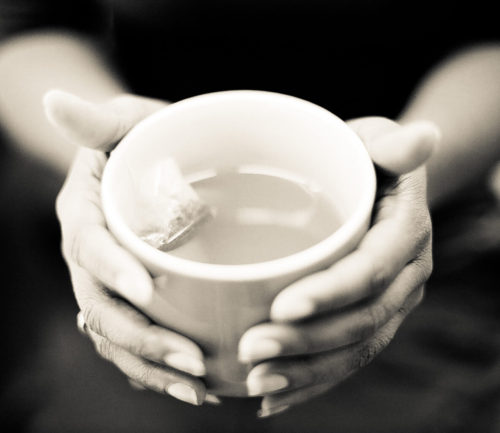Five things you should know about tea
Tea is the world’s “it” drink. In fact, the beverage is second only to water as the world’s most popular drink, according to the Tea Association of the U.S.A. Studies show teas contain flavonoids that can help fight cancer, diabetes and heart disease. Some teas lower cholesterol and encourage weight loss. And with less caffeine than coffee, we can’t think of anything bad about tea. But we don’t want you to resort to reading tea leaves to know about the drink’s benefits, so we’re sharing five things you should know:
Hot tea is healthier than iced tea.
Fiction. Homemade iced tea can be as healthy as hot tea, but you have to brew it yourself to avoid the sweeteners in some popular bottled brands. And you have to drink more iced tea to get the flavonoids benefits of the hot version.
Tea can cause allergic reactions.
Fact. If nature makes you sneeze, know that some teas are made from flowers and plants. This doesn’t mean you can’t drink tea. If you have an allergic reaction to any type, just choose an alternative.
Tea can help with cold symptoms.
Fact. A warm cup of tea will provide almost instant relief for a sore throat. And black, green and oolong teas have antioxidant and anti-inflammatory properties that may help alleviate cold symptoms.
Putting milk in your tea negates its health benefits.
Fiction. Earlier studies said milk counteracted tea’s benefits, but recent research shows this simply isn’t true. So if you don’t suffer from lactose intolerance, add milk to your heart’s content.
If you take blood thinners, avoid green tea.
Fact. Green tea is a significant source of vitamin K, which can decrease the effectiveness of blood thinners such as warfarin. So hold off on the green tea while taking blood thinners or talk to your doctor.






